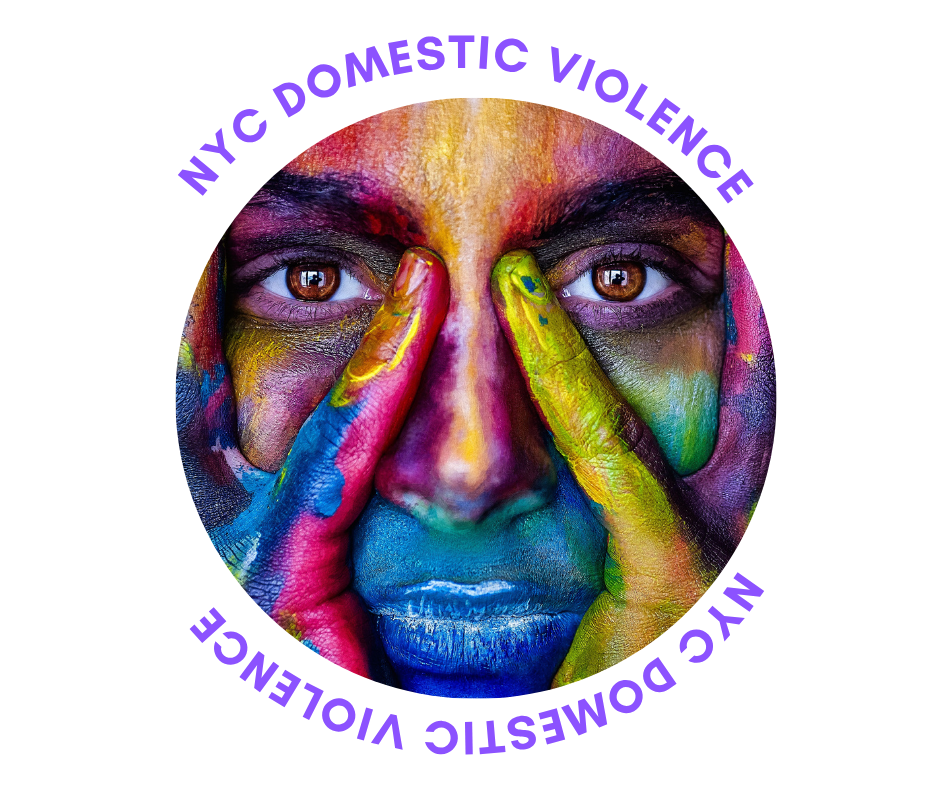Know the Signs: Identifying Abuse & Unhealthy Relationships
Remember: Safety First
If reading this content puts you at risk, please use the QUICK EXIT button immediately. If you are in danger, call 911.
Abuse is about power and control, not anger. It can be physical, emotional, financial, or digital. Recognizing the patterns is the first step toward reclaiming your safety and independence.
1. Types of Domestic Violence and Abuse
Abuse takes many forms. It often escalates and can be subtle.
Emotional & Verbal Abuse
- Insulting you, calling you names, or constantly criticizing your decisions.
- Humiliating you in front of others or giving you the silent treatment.
- Minimizing your feelings ("You're too sensitive," "I was just joking").
Financial & Economic Abuse
- Controlling all the money, giving you an "allowance," or demanding receipts for everything.
- Forbidding you from working or going to school, or sabotaging your job.
- Racking up debt in your name without your knowledge or consent.
Digital & Technological Abuse
- Spying on you via GPS trackers, "Find My Phone" apps, or hidden cameras.
- Controlling your passwords or demanding access to your texts/emails.
- Threatening to share intimate images or spreading lies about you online.
2. Warning Signs in a Partner's Behavior
These behaviors can signal an unhealthy or dangerous relationship.
- **Isolation:** Trying to cut you off from friends, family, or support.
- **Extreme Jealousy/Possessiveness:** Constant accusations or tracking your whereabouts.
- **Quick to Anger/Mood Swings:** Unpredictable, volatile reactions to minor issues.
- **Blame Shifting:** Always making you responsible for their bad behavior.
- **Controlling Behavior:** Dictating what you wear, where you go, or who you talk to.
- **Threats:** Threatening violence, suicide, or harm to pets/children.
3. Signs You May Be In an Abusive Relationship
Focus on how you feel. These internal signs are just as important as external actions.
- You constantly apologize for your partner's behavior.
- You change your actions or appearance to avoid conflict.
- You feel like you are walking on eggshells around them.
- You feel trapped, worthless, or constantly confused about the relationship (**gaslighting**).
